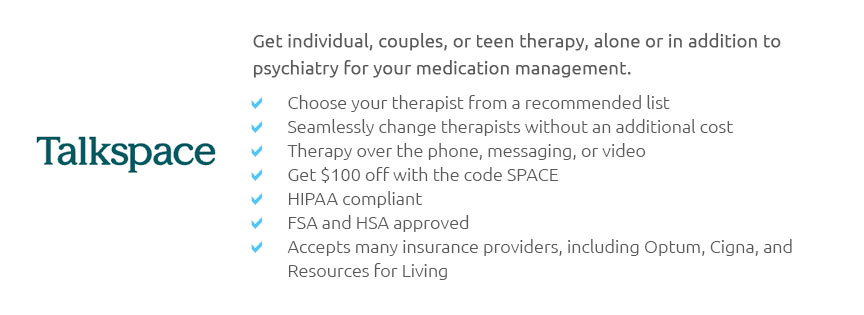 |
 |
 |
|---|
 |
 |
|---|
 |
|
|---|---|
 |
 |
 |
 |
 |
 |
 |
 |
 |
 |
 |
 |
 |
 |
 |
 |
|---|
Counseling Teletherapy: Exploring Benefits, Challenges, and TipsCounseling teletherapy has emerged as a vital tool in modern mental health care, offering convenience and accessibility to those seeking help. This article delves into the various aspects of teletherapy, analyzing its pros and cons while providing practical tips for both clients and therapists. The Benefits of Counseling TeletherapyTeletherapy brings numerous advantages that have revolutionized the way counseling is delivered. Accessibility is perhaps the most significant benefit, as it allows individuals to connect with mental health professionals from the comfort of their own homes. Convenience and FlexibilityOne of the standout benefits of teletherapy is its flexibility. Clients can schedule sessions at times that fit their busy lives, making it easier to prioritize mental health. This flexibility is particularly beneficial for those who might struggle to attend in-person sessions due to location or mobility issues. Privacy and ComfortFor many, the privacy of attending therapy from home can make it easier to open up about sensitive issues. This sense of comfort can enhance the therapeutic process, leading to more productive sessions. Discover how online therapy seattle can help improve accessibility for those in remote areas. Challenges of Counseling TeletherapyWhile teletherapy offers many benefits, it is not without its challenges. These challenges can affect the efficacy of therapy and client satisfaction. Technical IssuesTechnical difficulties such as poor internet connection or software glitches can disrupt sessions, causing frustration for both clients and therapists. Having a reliable setup is crucial for a smooth teletherapy experience. Emotional DistanceSome clients may feel a lack of personal connection when interacting through a screen. This perceived emotional distance can impact the therapeutic relationship and the overall effectiveness of the treatment. Tips for a Successful Teletherapy Experience
For more personalized approaches, consider exploring options such as couples therapy berkeley to address specific relationship concerns. Frequently Asked QuestionsWhat equipment do I need for teletherapy?You will need a device with a camera and microphone, such as a smartphone, tablet, or computer, and a stable internet connection. Can teletherapy be as effective as in-person therapy?Research indicates that teletherapy can be just as effective as in-person therapy for many individuals, particularly when clients and therapists work collaboratively to address any challenges. Is teletherapy covered by insurance?Many insurance providers cover teletherapy, but coverage can vary. It's important to check with your provider to understand your specific benefits. https://southhillscounseling.com/telehealth/
Teletherapy at South Hills Counseling is completely secure and encrypted and follows all guidelines to be HIPAA compliant. The actual therapy is the same as the ... https://pittsburghpcit.com/telehealth-counseling
Telehealth Counseling is a form of counseling that is delivered over the Internet through a secure video chat platform. The benefits of Telehealth Counseling ... https://www.forwardwellnesscounseling.com/teletherapy
psychotherapy/counseling through technological means. Where do I need to be ...
|
|---|